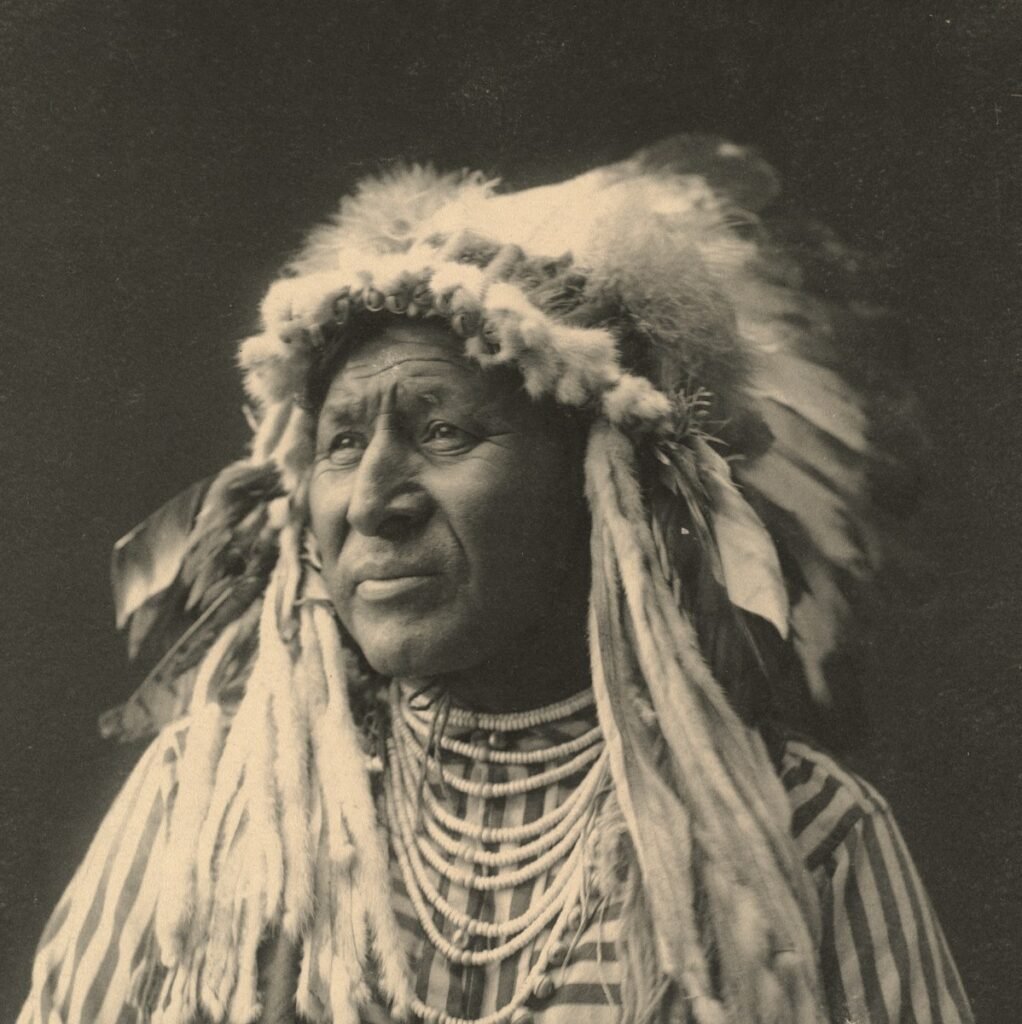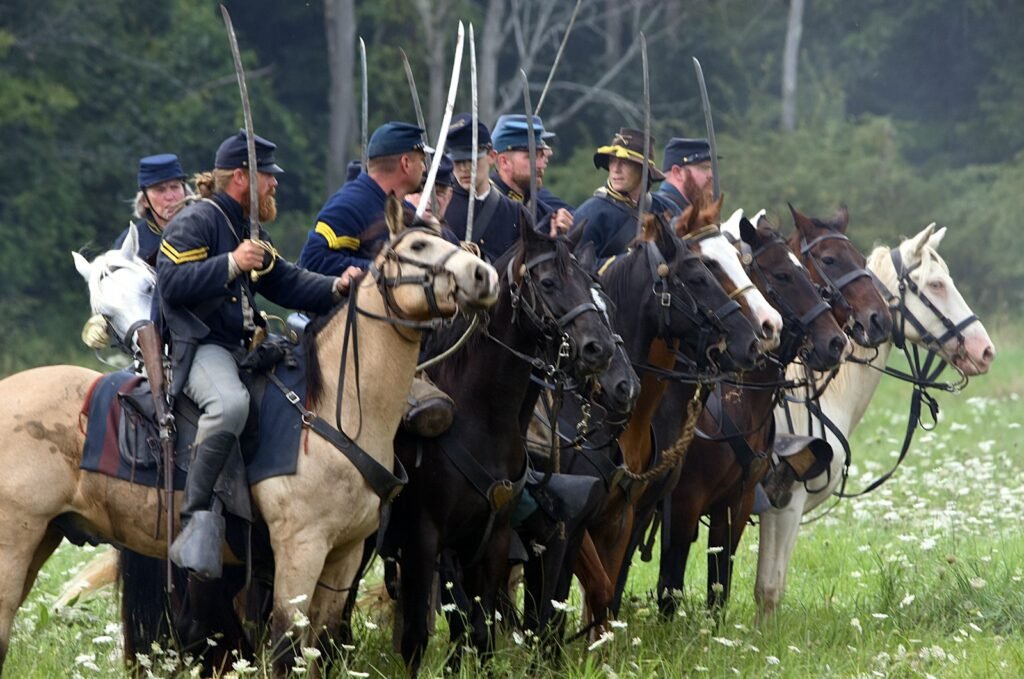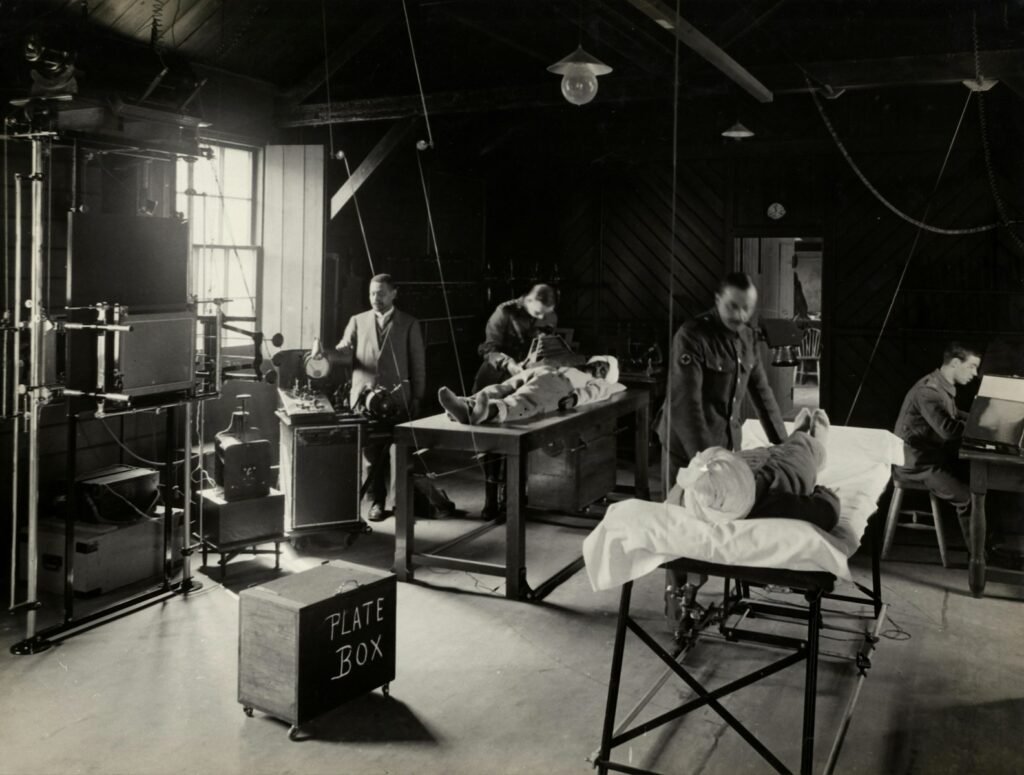
Key Players in Early Encounters
As we plunge into the perplexing tapestry of early encounters in the realm of 18th-century US history, a burst of notable players emerges, each imprinting a unique mark on the unfolding drama of exploration and interaction. From the arrival of European explorers to the indigenous peoples already dwelling in these lands, the stage was primed for a dynamic exchange of cultures and ideas.
The enigmatic presence of Christopher Columbus, with his audacious spirit of discovery and ambition, set the tempo for early encounters in the New World. As he famously proclaimed, “Following the light of the sun, we left the Old World.” Yet it was not only explorers who molded these interactions; indigenous leaders like Chief Powhatan of Virginia’s Powhatan Confederacy wielded substantial influence, embodying resilience and diplomacy amid unprecedented challenges. Their narratives intertwine to craft a convoluted tale of exploration, conflict, and cooperation that never fails to bewilder historians and enthusiasts alike.
Initial Encounters and Misunderstandings
The initial meetings between European explorers and Native Americans resembled a chaotic masquerade with no guidelines. Imagine this – a Frenchman brandishing shiny trinkets at a perplexed tribe, anticipating treasures in return. Communication? Clumsy. Confusion? Abundant. Despite the language barriers, first impressions were forged, reminiscent of awkward middle school dances but with more feathers and fewer blemishes.
During these early exchanges, both sides grappled with intrigue and trepidation. As esteemed historian Horace Kephart pondered, “Pioneering isn’t just about discovering new lands; it’s about comprehending new peoples.” To the Europeans, the Americas were an enigmatic enigma waiting to be unraveled, while to the Native Americans, these newcomers were as confounding as a speaking tree. Words got lost in translation, motives misunderstood, and before they realized it, both factions found themselves engulfed in a whirlwind of misconceptions.
Trade and Diplomacy
The 18th century in the United States was a time of bewildering complexity and explosive potential, where trade and diplomacy danced together to mold the fate of the nascent nation. The colonies grappled with a whirlwind of obstacles and opportunities on the grand stage of world affairs.
One enigmatic figure from this era was Benjamin Franklin, whose diplomatic finesse proved vital in securing pivotal trade pacts for the burgeoning nation. His iconic declaration, “A penny saved is a penny earned,” struck a chord with countless merchants navigating treacherous international waters. Through his tireless endeavors, the United States managed to form crucial alliances and assert itself as a formidable player in the global economic arena. The intricate ballet of negotiations and deal-making laid down the groundwork for the country’s future prosperity and diplomatic prowess.
Impact of Disease
Behold, the insidious infiltrators of bygone eras – illnesses that traversed distances quicker than any seafaring vessel. Envision this: intrepid voyagers venturing into uncharted territories, only to be confronted by unseen adversaries that mercilessly snuffed out countless lives without a single shot being fired. It brings to mind Benjamin Franklin’s poignant observation, “In this realm, naught is certain save for death and taxes.” Yet in those times, it was the enigma of disease that truly reigned as the grim specter.
Picture this scenario amidst initial interactions when Europeans crossed paths with Native Americans; ailments such as smallpox, measles, and influenza ravaged indigenous populations with startling celerity. It wasn’t swords or firearms that wrought havoc upon these communities but rather the minuscule warriors inadvertently set loose by Europeans. As John Adams astutely remarked, “Smallpox proves itself tenfold more formidable than British forces, Canadians, and Indigenous tribes combined.” Undoubtedly, diseases often emerged as the paramount victors molding history’s trajectory in unforeseeable ways.
Changing Alliances
The intricate and convoluted web of alliances that characterized the early encounters in American history resembled a perplexing game of chess, with players constantly shifting allegiances to navigate the complex political landscape. As the renowned French diplomat and historian, Talleyrand, aptly remarked, “In politics as in life, nothing is permanent – not even our troubles.” Native tribes, European powers, and American colonies all engaged in a burst of diplomacy, forming ephemeral partnerships and swiftly breaking them in their relentless pursuit of power and advantage.
Consider the enigmatic Iroquois Confederacy, masters at manipulating European powers against each other to safeguard their own autonomy. Their sagacious leader Chief Joseph Brant was well-versed in the art of alliance-shifting when he astutely observed, “It is not so much through the help of our white brothers that we survive but by cunningly pitting them against each other.” These intricate diplomatic maneuvers had far-reaching consequences on shaping history’s course, resulting in unforeseen outcomes and fluctuating power dynamics that echo down through the ages.
Wars and Battles
As the dust settled on the battlefield, the echs of cannons slowly dissipated, leaving behind a solemn reminder of the sacrifices made for the land we now call our own. Wars and battles in the 18th century were not just clashes of arms, but tests of grit, determination, and unwavering patriotism that left us bewildered. From the legendary Battle of Bunker Hill to the decisive Battle of Yorktown, each skirmish shaped the contours of our nation’s destiny with sudden bursts of change. As Benjamin Franklin aptly put it, “There never was a good war or a bad peace,” reflecting the bittersweet reality that perplexes us in conflict and resolution during this birth of a new nation.
The thunderous roar of muskets and soldiers standing shoulder to shoulder with unbreakable resolve encompassed an enigmatic spirit during those turbulent times. General George Washington, as steadfast commander of Continental Army once remarked, “Perseverance and spirit have done wonders in all ages”, leaving us pondering over his words. His leadership and indomitable spirit guided troops through darkest hours like sudden bursts amidst adversity inspiring hope and fortitude against all odds. Each battle fought was not just clash arms but rather testament resilience unity fledgling nation forged crucible war that leaves us questioning even today.
Treaties and Agreements
In the realm of Treaties and Agreements, the narrative of the 18th century unfolds like a tapestry woven with complex threads of negotiation, diplomacy, and compromise. The fledgling United States, eager to make its mark on the world stage, relied heavily on treaties to carve out its place in history. From the Treaty of Paris in 1783 that brought an end to the Revolutionary War to the Jay Treaty of 1794 that defused tensions with Britain, these agreements laid down the groundwork for the nation’s prosperity and stability.
It is truly bewildering to ponder over the foresight and skill of those leaders who navigated through such tumultuous waters of international relations during this period. As John Adams wisely pointed out, “Treaties are like roses and young girls. They last while they last.” The delicate equilibrium between power dynamics and conflicting interests that these treaties aimed to uphold demanded both finesse and unwavering determination. The intricate ballet of negotiations and compromises carried out behind closed doors ultimately shaped the trajectory of history and paved way for America’s rise as a global force.
Cultural Exchange
In the complex and dynamic tapestry of 18th-century history, the intermingling of cultures served as a fundamental force in shaping the unfolding events. As Benjamin Franklin wisely observed, “When you run in the sun, watch for the shade.” This enigmatic statement holds profound significance within the realm of cultural exchange, where navigating through differences can lead to unforeseen growth and prosperity.
The exchange of ideas, customs, and traditions among Native American tribes, European settlers, and African slaves gave rise to a kaleidoscope of diverse influences in early America. From the fusion of agricultural practices to the amalgamation of musical genres, each interaction added layers to the intricate fabric of American society. Thomas Jefferson’s words ring with a sense of wonder: “I like the dreams of the future better than the history of past.” Embracing cultural exchange opened up possibilities for a more inclusive and harmonious future where diversity was celebrated as an asset rather than viewed with trepidation.


